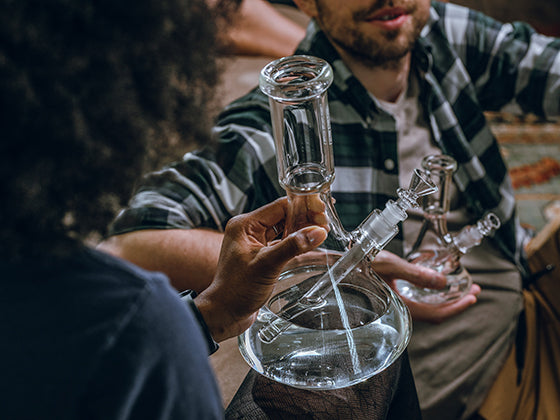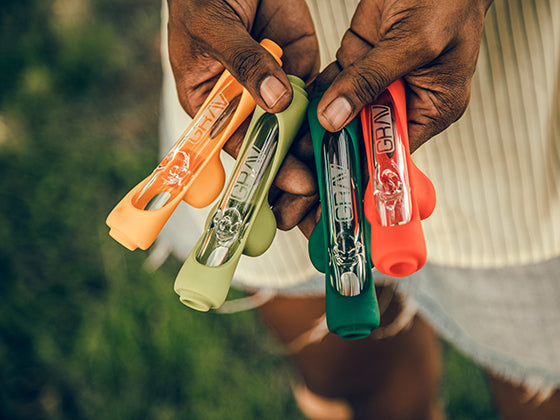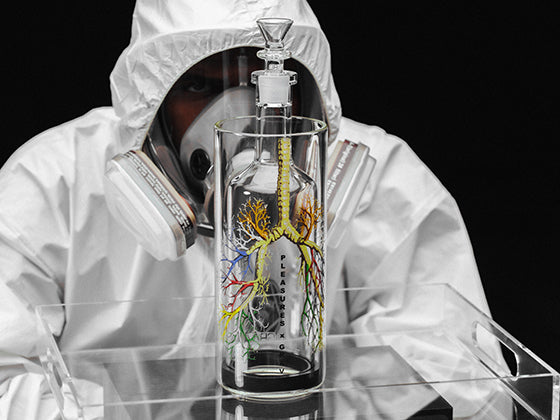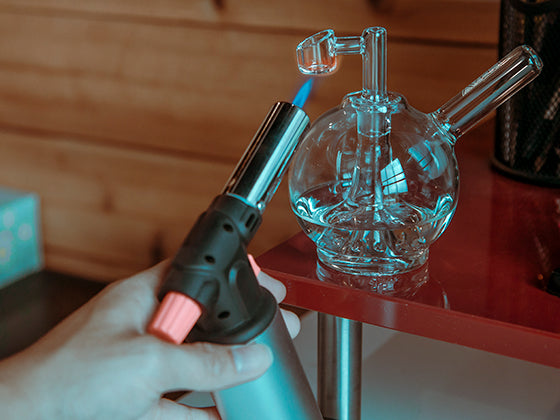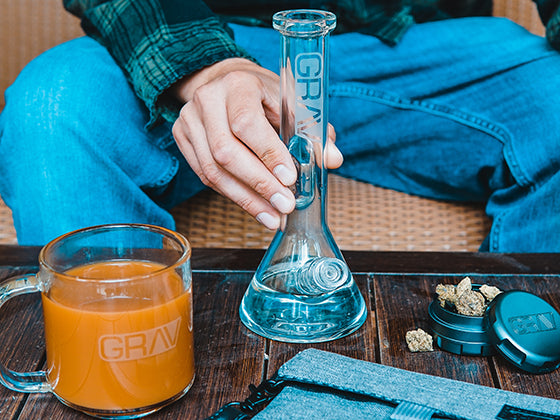Resisting Cannabis Propaganda
We previously covered the history of the original Reefer Madness campaign and spoke about its roots in racism, corrupt business practices, and government schemes to control the counter-culture. Check that out here if you'd like to understand more about the origins of current anti-cannabis movements.
This post explores the current conditions of anti-cannabis stigma, harmful propaganda, and the general attempt to control the dissenters with a false narrative about weed.
What is Cannabis Stigma?
Smoking weed is unfairly stigmatized and has been for generations. Unfortunately, the looming effects of stigmatism create false beliefs about what cannabis does to people and what kind of people use cannabis.
People that embrace cannabis propaganda exist in one of two categories. They either believe in lies about the effects of cannabis, or they don't believe in the lies but push them for their benefit.
For those easily tricked into believing that cannabis can cause violence, fuel crime, or lead to addiction, fear prevents them from learning the truth about cannabis. For others, the motivation to demonize cannabis is purely a strategy to gain power and scapegoat their opponents.

Modern Anti-cannabis Propaganda
The lasting effects of the original Reefer Madness campaign and the War on Drugs continue negatively impacting cannabis users and businesses nationwide. Despite being legal in many states and accepted by the public, cannabis users must still fear reprisal from federal law enforcement and anyone who
The stigma that cannabis use is associated with criminal practices and violent behavior continues to linger in certain areas of society. Cannabis users cannot be vocal about using the plant because it could endanger their employment, social status, or even their right to be a parent.
While it is true that there are pockets of society that are accepting and embracing the uses of cannabis and those that enjoy it, there is still a noticeable division in opinions about pot that is both political and cultural. As a result, how to treat cannabis and cannabis use has grown beyond an issue about drug use and personal freedoms and has instead become a propaganda tool to influence voters' thoughts.
We see modern-day examples of this in many familiar headlines. Political extremists jump on the opportunity to demonize cannabis use and draw attention away from actual causes for violence and crime because it harms their political agenda and offends their base.
Politicians against progressive drug policies have created a false narrative around cannabis that they use to make the plant a scapegoat. So when a mass shooting happens, when a protest becomes violent, or when there is any problem perceived in youth culture, they blame it on weed. They do this because it's an easy target, and their opponents embrace it.
But to be absolutely clear, there is no evidence that links cannabis use to violent crimes. The idea that smoking weed can cause mass shootings or other large scale violence is completely made up. There have been studies that thoroughly conclude marijuana use has no link to increased crime.

The Reason for a False Narrative
It may be hard to believe, but many anti-cannabis statements given by politicians are not motivated by their feelings about the plant. Instead, the subject is used as a scapegoat to blame the other side.
Take, for example, the statements made by Margorie Taylor Greene about the July 4th Highpark mass shooting. Greene alleged that "...it actually causes psychosis, which absolutely could be the case... if you watch any of this guy's music videos, he clearly was suffering from psychosis."
The point of these kinds of statements is to detract from the real issue of gun control and push negative attention onto a topic embraced by their opponents. While most Americans approve of decriminalizing or ending cannabis prohibition, our two political parties remain split on the subject, with republicans against it and democrats and libertarians overwhelmingly for cannabis reform.
Cannabis criminalization is an excuse to silence and intimidate political and cultural adversaries of ultra-conservatives and right-wing extremists. However, there are ways to resist the ongoing stigmatism of cannabis use, mainly by partaking without fear of reprisal.
How Canna-business Can Perpetuate Cannabis Stigma

Some legalized markets can harm cannabis communities more than they help. Unfortunately, some cannabis businesses detract from the opportunities that should belong to the original communities associated with cannabis.
When legalization occurs, the people illegally selling weed should get the first opportunity to create a business. Still, instead, those with fat bankrolls from outside the community come in and monopolize the situation.
How to Fight Back
The stigma of cannabis stays with us despite its legalization. If cannabis was truly legal and government propaganda campaigns caused no lingering stigma, then we would live in a very different-looking world.
Imagine being able to purchase, grow, and smoke cannabis freely without ever worrying about being judged or harassed. There would be no need to smoke in alleyways, hide your pipe collection, or worry about how strong your stash smells.
To achieve the dream of eliminating cannabis stigma, we have to fight back against those that would try and demonize cannabis use as well as stand out as proud and out users. If we can, we should smoke with our head up and out in the open for people to see. We should be able to keep our stashes on our kitchen counter and have our shiny pipe collection displayed on our shelves.
Besides resisting the stigma of cannabis, the other best method is to vote for politicians and policies that promote the unrestricted use and sale of cannabis, focusing on the original communities that founded the culture. As this series continues, we'll explore more ways of resisting true reefer madness and creating a safe and joyful place for all cannabis users.

